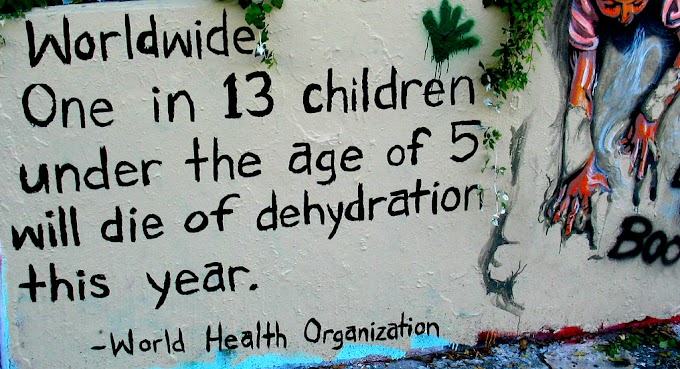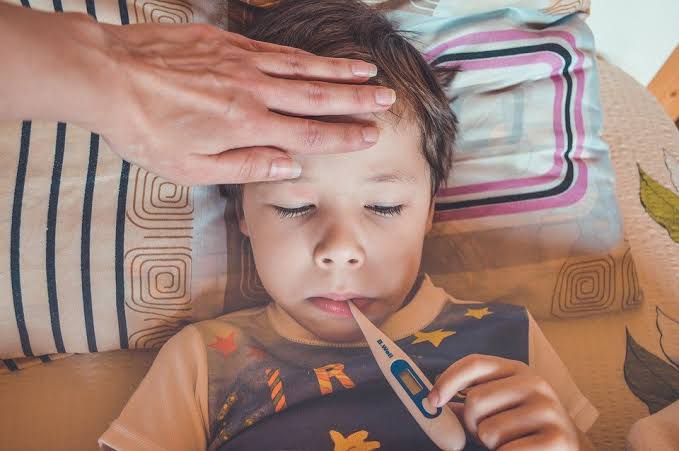Dehydration occurs when there is not enough water in your body. Without enough, your body will not be able to function properly. Depending on how much fluid is missing from your body, you may have mild, moderate or severe dehydration.
The reasons
It is normal to lose water from your body every day through sweating, breath, urination, and defecation, and tears and saliva (spitting). Often you will replace lost fluids by drinking fluids and eating watery foods. If you lose too much water or drink and do not eat enough, you can run out of water.
You may lose more water than usual:
- fever
- Diarrhea
- Vomiting
- excessive sweating
Lots of constipation (some medications, such as diabetes and water pills - also known as diuretics - can often happen to you.)
Because you cannot replace lost water:
If you are busy, forget to drink enough.
You do not know that you are thirsty.
You do not want to drink because you have a sore throat or mouth ulcers, or you have a stomach ache.
 |
| What is Dehydration? What Causes It? |
Symptoms
Symptoms of mild or moderate dehydration include:
- Thirst
- Dry or sticky mouth
- Do not pee too much
- Dark yellow ***
- Dry, cold skin
- headache
- muscle cramps
Symptoms of severe dehydration include:
- No pee or very dark yellow ***
- Very dry skin
- I am feeling dizzy
- fast heartbeat
- Fast breathing
- Eyes drowned
- Dizziness, impotence, confusion or irritability. What is Dehydration? What Causes It?
Symptoms in infants and young children may differ from those in adults:
Dry mouth and tongue
No tears while crying
Dry diaper for 3 hours
Submerged eyes, cheeks, soft area above the skull
Dizziness, impotence or irritability
Severe dehydration is a medical emergency and should be treated immediately.






0 Comments
Please do not enter any spam link in the comment box.
Emoji